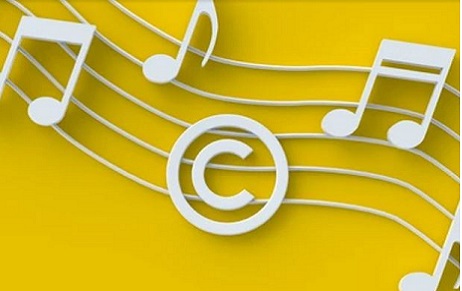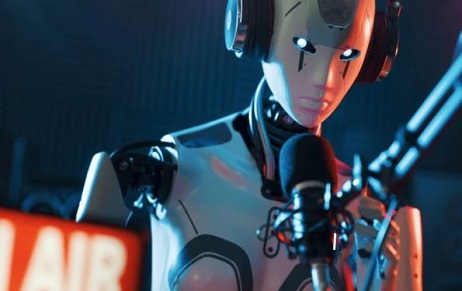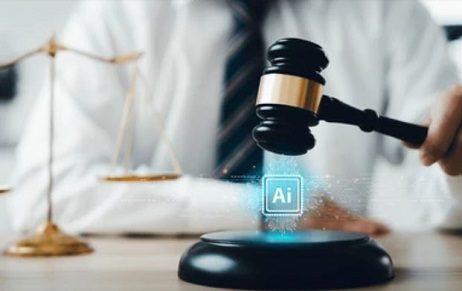Any successful café, restaurant, or retail establishment's environment is greatly influenced by its music. It…
Copyright Law In India
Elucidating copyright law in layman’s terms, whenever a person produces a unique work, he is inevitably granted the sole ownership of the work, having absolute right over the same. Nevertheless, the owner has the authority to either transfer his rights to any other person or keep the ownership to himself, restricting others from copying or producing his product. Under Section 14 of the Copyright Act, 1957, the definition of copyright is given inclusive of certain actions which fall under the explanation of the same. It is said, You cannot discover new oceans unless you have the courage to lose sight of the shore. Innovation and creation mechanism is correspondingly based on this foundation. Any man can create, nevertheless how many are willing to protect their own creation, is the question. The law of copyright stands by this principle and is based on two major ideologies, i.e., firstly, it acts as a guide for the creators to protect their original work and secondly to encourage the individuals to put up their original work out in public without the fear of it getting imitative.
[Image Source: istockphoto]
The copyright law aims to endorse exclusive forms of artistic works at the same time safeguarding the rights of its inventor. The scope of the law extends as far as literary, music, software, graphics, choreography, movies and likewise is concerned. These categories are further sub-categorised into books, documentaries, painting, articles and likewise, which aim in promoting work and not ideas. It is to be noted that the work of the creator is protected by the copyright law irrespective of its content or quality. Although the registration of the work is not a mandate, nevertheless it is always advisable to register the work the moment it is put to force. This will help in case of future disputes, if any.
ANALYSIS
Now, infringement of a copyright work takes place when any other person other than the creator clutches or replicates the same work. It implies that intellect and perceptions are not safeguarded but the idea’s voice is protected. At times, infringement also takes place when the work is not directly imitated but it is parallel to an illegitimately unoriginal effort. Nonetheless, there are exceptional clauses which expressly states that a work copied from a creator will not be considered illegal if the creator has given consent explicitly. Fair use of imitation is still prevalent and is legal. Second clause is whenever the copyright work has expired, anyone can reproduce the same work because after expiry, there is no license fee given to the creator. Third clause is applicable on all the works which cannot be copyrighted for instance ideas, titles, names, etc. Nonetheless, if a person copies factual ideas in form of book, the exception will not prevail.
Change is the only growth of society and for that, evolution and creativity are the chief elements, because for the progress of socio-economic conditions of society is dependent on the same. A corresponding nature is seen in the copyright laws, and therefore for its evolution, it is ought to be protected. Earlier the concept of infringement of this law was not seen much, however, with its evolution, came new challenges. The owner of a thing so copyrighted, deserves every single penny of appreciation owing to the hard work and diligence that has gone under creating a unique content. And when someone invades the same, trying to own up the thing without being the creator or without the creator’s authorization, earns nothing less than a penalty. Whenever a person infringes the copyright, the creator is bestowed with an opportunity to seek relief for the same, either in form of monetary compensation for the loss incurred due to infringement or by paying for the license of the owner. Licensing is a lawful authorization given to another person other than the creator to use all or any the copyrighted products of the owner. The owner always can go for discovering multiple licensing options to secure his financial gain earned from the other party’s usage of the products. Licensing is considered as evidence too, in court. Considering these, there is a need for protection of copyright law.
In the case of “Prakashak Puneet Prashant Prakashan v Distt.judge, Bulandshahr and Ashok Prakashan (Regd)” [2000], the high court of Allahabad opined that, whenever a person publishes a book by adding a word either before or after the book, will be held liable for the infringement of copyright. In the case of “Hindustan Pencils Ltd v Alpna Cottage Industries” [2007], the Goa Copyright board observed that, when the similarities in the artistic works of parties are fundamental and substantive, it will fall under the violation of copyright laws. For this, the judgement of “Prem Singh v. Cec Industries” [1990] was referred to. The court opined that, when the owner of a party is himself liable for an infringement of using some other person’s creation, his claim cannot be entertained in the court because for protecting the creator’s right, his honest work is to be protected and not a work which has itself being duplicated. Also, the case of “R.G. Anand v. M/S Delux Films” [1979]was referred to, wherein the court held, “Where the same idea is being developed in a different manner, it is manifest that the source being common, similarities are bound to occur. In such a case, the Courts should determine whether the similarities are on fundamental or substantial aspects of the mode of expression adopted in the copyrighted work with some variations here and here”.
CONCLUSION
The law of copyright is considered as a boon for the creators of innovative works. This law has stood up to its claim of protecting the author’s right and work in all circumstances; the case laws discussed in the paper corroborate to the same. The functionality of the laws is vast and therefore must be applied with appropriate attention and knowledge, else it might end up in infringement. A creator ought to be honest with his work, to grab the opportunity of protecting the same. Nonetheless, there are instances when the owner himself in liable. The copyright law is clear with its consequences, it swears to not let go of anyone who is an offender of impersonation, which is why, the law punishes even the owner of the work if he himself is the offender. Such strict yet significant laws are rare to find these days.
Author: Aditi Das – a student of Symbiosis Law School, Hyderabad, in case of any queries please contact/write back to us via email chhavi@khuranaandkhurana.com or contact us at IIPRD.




